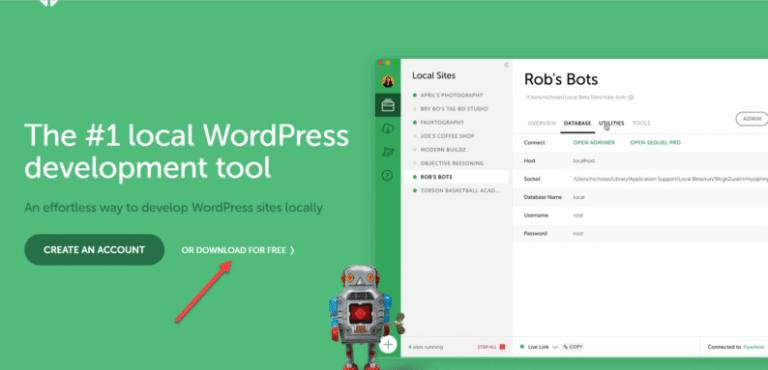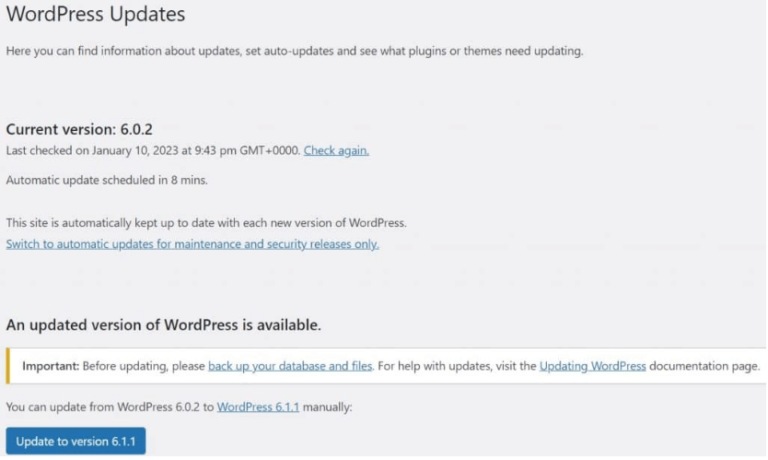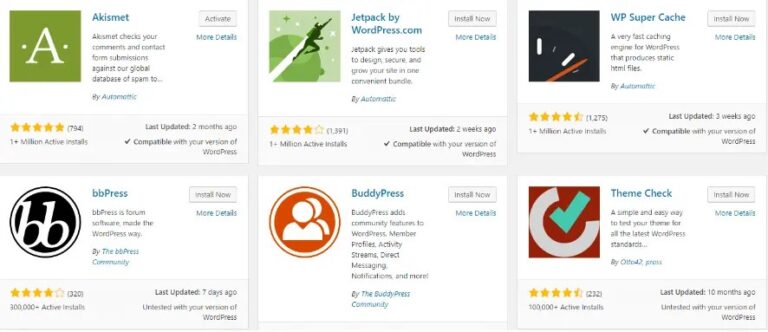WordPress is a flexible and powerful platform that enables you to build a wide range of different websites. However, out of the box most sites will feature the same disclaimer: “Proudly powered by WordPress”.

Fortunately, there are several ways to remove this notice. By banishing the “Powered by WordPress” message, you can make your site appear more professional. You may even enhance visitors’ safety.
In this postA post is a type of content in WordPress, a popular open-source content management system used for creating an… More, we’ll discuss why you may want to remove the “Powered By WordPress” footer credit. Then we’ll share three easy ways to edit this disclaimer, or even delete it entirely. Let’s get started!
Why You May Want to Remove the “Powered by WordPress” Footer Credit
WordPress powers over 40 percent of the web. It is a hugely popular and respected Content Management System (CMS) that’s used by plenty of big-name sites. However, you may want to establish your website as its own entity, independent of WordPress.
Simply put, the “Powered by WordPress” stamp can diminish your brand identity. You may also feel that crediting another organization isn’t very professional, especially since it may also give away your theme:

Additionally, despite the fact that ten percent of the top ten thousand websites are run on WordPress, some still question the legitimacy of this free CMS and whether it’s just for bloggers. While most agree that WordPress is not just for blogs, and open source has much to offer businesses, you still may not want the label on your site.
Furthermore, you should always strive to keep your WordPress website secure. One easy safety tactic is to reveal the bare minimum about your site builder. This is particularly important, as there’s evidence to suggest that hackers actively target WordPress websites.
Removing the “Powered by WordPress” footer won’t make it impossible for hackers to decipher your CMS. However, it’s certainly a step in the right direction.
How to Remove the “Powered By WordPress” Footer Credit (3 Methods)
There are several ways to remove the WordPress copyright footer. However, the option that works for you may vary depending on your WordPress themeA WordPress theme is a set of files that determine the design and layout of a website. It controls everything … More. With that in mind, here are three ways to remove the “Powered By WordPress” disclaimer.
1. Use Your Theme Customizer
You may be able to remove this disclaimer using the WordPress Customizer. In your dashboard, navigate to Appearance > Customize. Then, in the left-hand menuIn WordPress, a menu is a collection of links that are displayed as a navigation menu on a website. Menus are … More navigate to Appearance > Customizer > Footer:
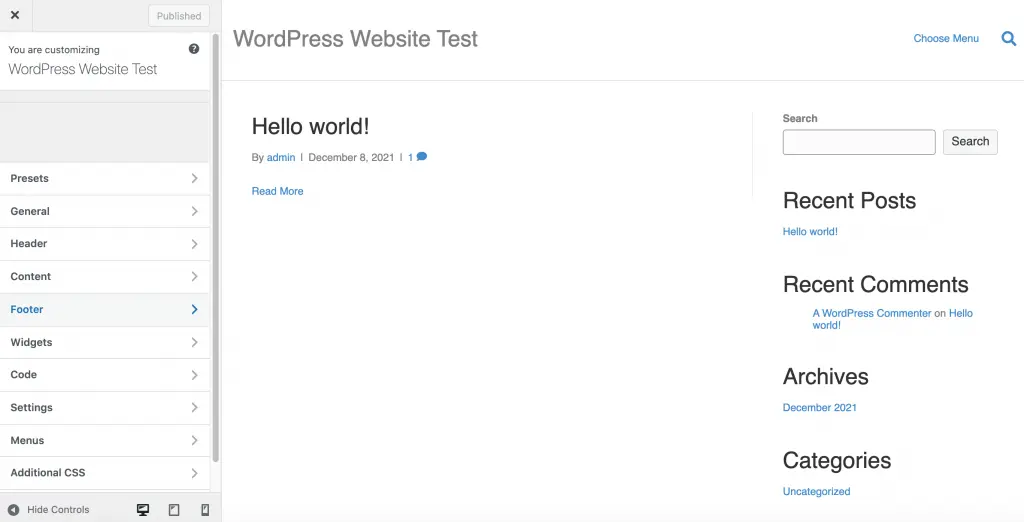
You can now look for a Disable Footer Credits setting. If you do find this option, select its accompanying checkbox. You can then save your changes by clicking on Publish. Now, check your website – the disclaimer should be gone.
This method may work for some, but remember, every theme is different. Therefore, the Customizer may not contain a Disable Footer Credits setting. If this is the case, look for any labels for Copyright text, Copyright area, or Footer. Explore these options to see if you can remove the disclaimer that way.
2. Modify Your Theme’s Settings
If you’re using a third-party design, the WordPress Customizer may not have access to every part of the theme. For this reason, it’s always worth checking the theme’s settings, as they may contain an option to edit the footer.
In the WordPress dashboardIn WordPress, the Dashboard is a central hub for managing a website’s content and settings. It is the first sc… More, navigate to Appearance > Themes. You can then hover over the theme in question, and select Theme Details:
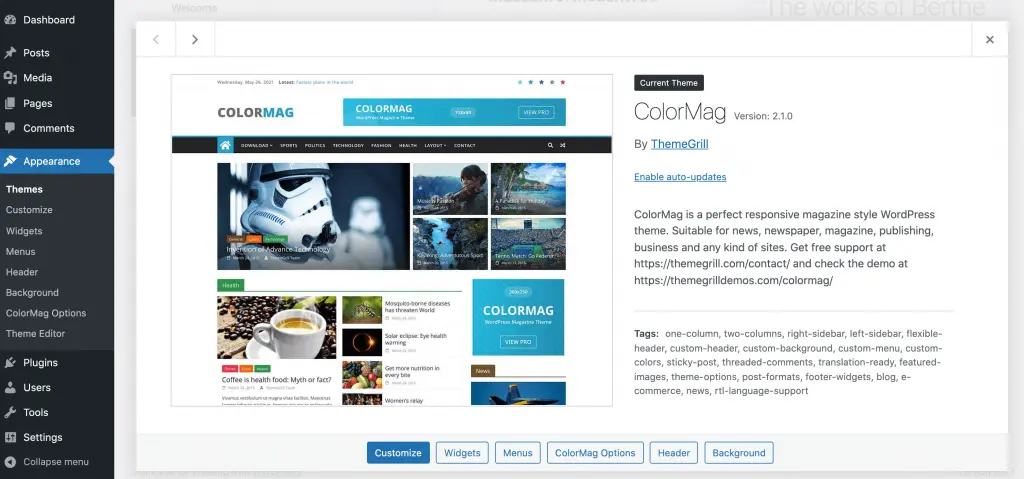
Every design has different areas that you can explore, but it often makes sense to take a look at Widgets:
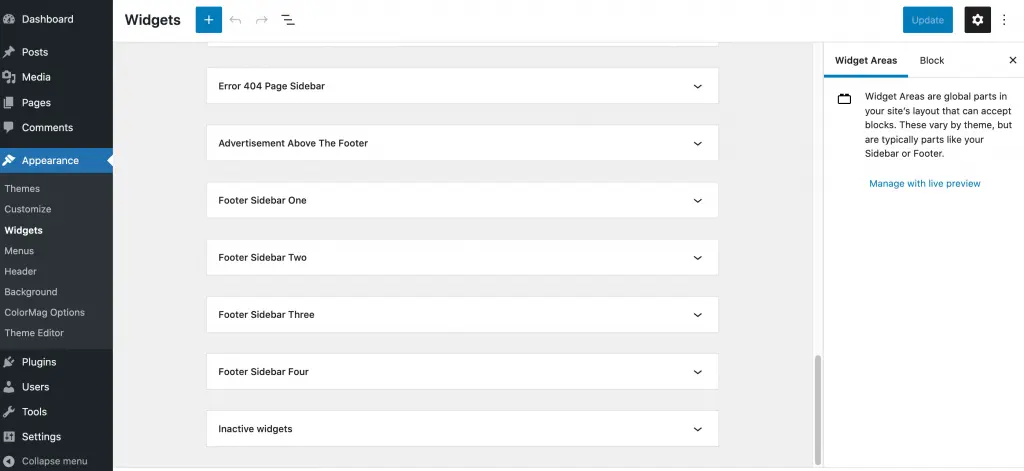
You can then look for any options labeled Footer. Depending on your chosen theme, you may be able to edit the disclaimer, or even remove it entirely.
Other themes will have an Options area. On the subsequent screen, look for options labeled Footer or Footer Builder. You can then click on them to launch the WordPress Customizer with the footer area already selected:
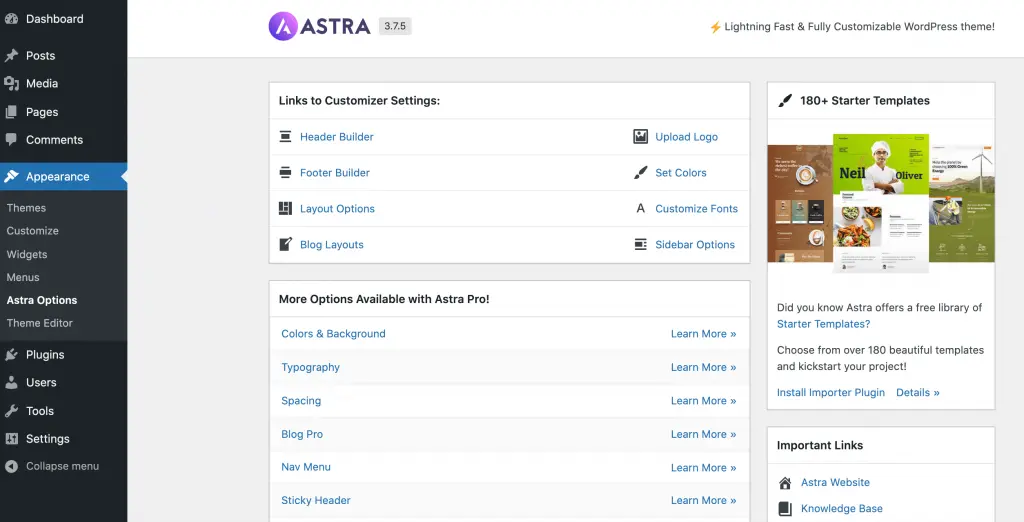
If you cannot find any settings that enable you to edit the footer, you can always consult the theme’s online documentation for guidance. Alternatively, you might want to reach out to the theme’s developer for help.
3. Edit Your Theme’s footer.php File
Every WordPress theme is made of various PHP template files. These affect the layout and design of different parts of your website, including the footer. You may be able to remove the “Powered by WordPress” disclaimer by editing your theme’s footer.php file.
The exact code that you’ll need to remove may vary depending on your WordPress theme. For this reason, you may need to do some research, such as checking the theme’s documentation.
Editing your site at the code level always carries a degree of risk, so it’s smart to create a complete backup before proceeding. It’s also worth noting that you’re editing the theme and not your website. If you switch to a different theme, the “Powered by WordPress” credit may reappear again.
To start, navigate to Appearance > Theme Editor. In the Select Theme to edit drop-down menu, make sure you’ve chosen your current theme:
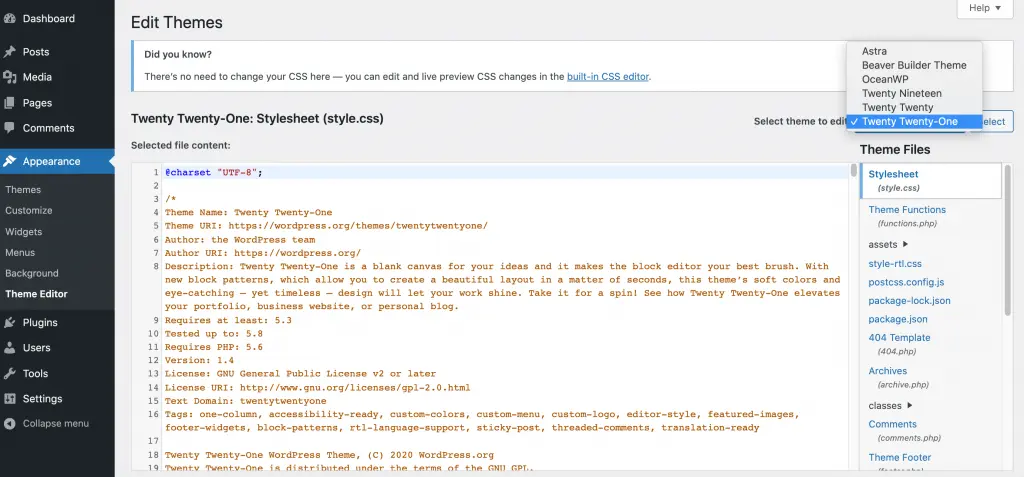
Under Theme Files, select the footer.php file. You can now search for the code that controls the footer credit. This can vary. For example, the Twenty Twenty-One theme contains the following:
<div class="powered-by">
<?php
printf(
/* translators: %s: WordPress. */
esc_html__( 'Proudly powered by %s.', 'twentytwentyone' ),
'<a href="' . esc_url( __( 'https://wordpress.org/', 'twentytwentyone' ) ) . '">WordPress</a>'
);
?>
</div><!-- .powered-by -->You can either delete this section entirely or customize it to suit your needs. For example, you may replace 'Proudly powered by %s.', 'twentytwentyone' with your own copyright notice.
If you cannot access the Theme Editor via your WordPress dashboard, it may be disabled by your web host. In this scenario, you can connect to your server using the FileZilla client:
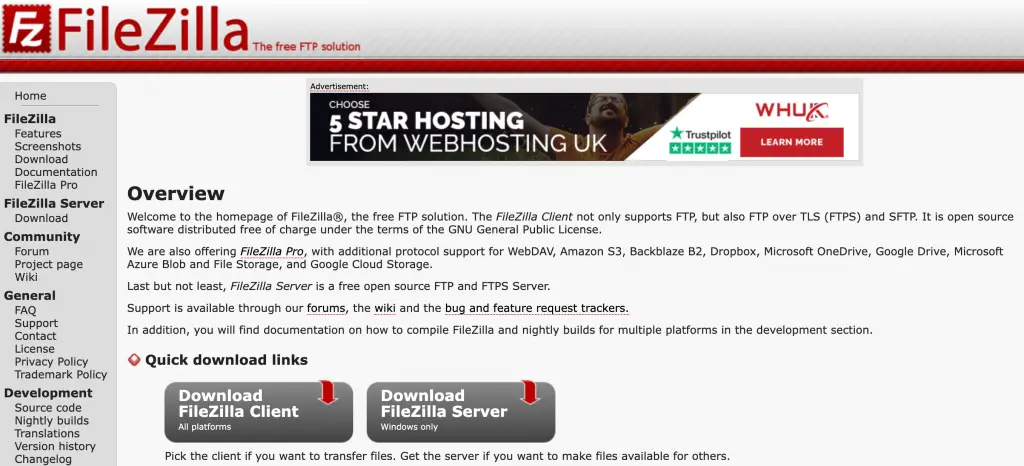
After connecting to your site’s server, navigate to your site’s public_html/wp-content/themes directory and open the theme in question. You should now have access to the footer.php file.
If none of these methods work, you may want to consider switching to a different theme. This may not be appropriate for all websites, and changing the theme on a live site is never a decision that you should take lightly. However, especially if your site is brand new, choosing an alternative theme may be a quick and easy way to get rid of this disclaimer.
Conclusion
It may be the world’s most popular CMS, but you won’t necessarily want everyone to know that your site is built using WordPress. This information can be useful for hackers, and may even make your website appear less professional.
With this in mind, let’s quickly recap three ways to remove the “Powered by WordPress” footer credit:
- Use the Theme Customizer.
- Modify your theme’s settings.
- Edit your theme’s footer.php file.
Do you have any questions about how to remove the “Powered by WordPress” disclaimer? Let us know in the commentsComments are a feature of WordPress that allow users to engage in discussions about the content of a website. … More section below!
